Arts & Culture
Baltimore’s Queer Dancefloors Persist Through Sanctuaries Like Sweet Spot
The roving dance party has become a vital hub for the Baltimore and Mid-Atlantic LGBTQ+ community.
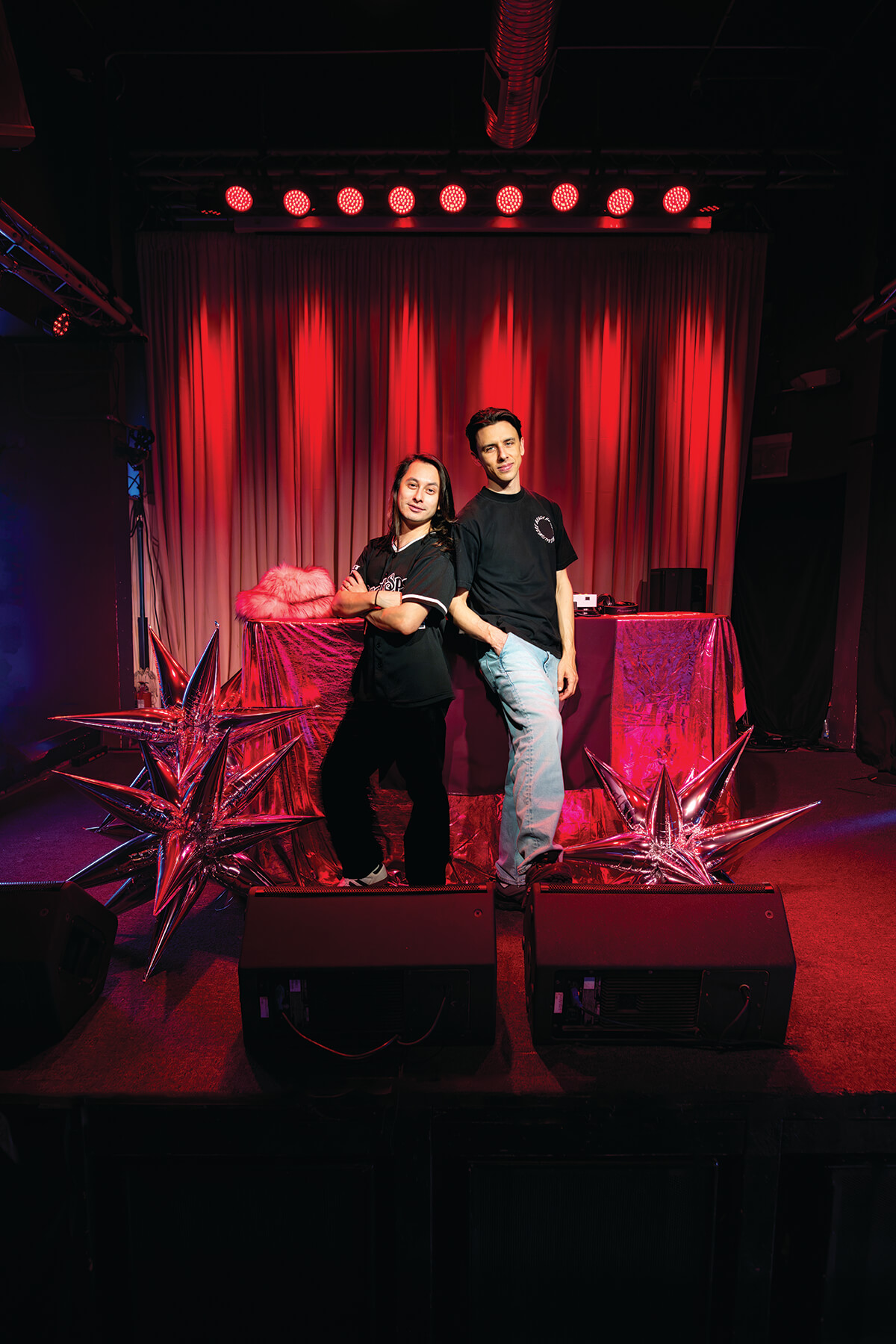
A wave of fuchsia, crimson, velvet, and latex spill out of the door of Metro Gallery on the Friday night of February 14. Inside, the air thrums with music as a joyful crowd decked to the nines dances, embraces, and collectively belts out the chorus of “Abracadabra” by Lady Gaga.
The occasion? The hottest spot to be on this most romantic of all evenings: Sweet Spot’s “Stupid Love,” a self-proclaimed “gay anti-Valentine’s dance party.”
“There was a time when we knew everyone on the Sweet Spot dancefloor—that’s not the case anymore,” says local creative Andre Cawley, who co-founded Sweet Spot in 2021 with his husband and creative partner, Chris Uhl. “People find out about Sweet Spot through word of mouth, flyers, and even platforms like Grindr and Reddit.”
Since its inception, Sweet Spot has become a vital and vibrant hub for the Baltimore and Mid-Atlantic queer community, hosting high-energy dance parties that prioritize inclusivity through accessible ticket prices at venues like Metro Gallery, Ottobar, and Soundstage.
Inspired by New York City’s LGBTQ+ party scene and events like Ty Sunderland’s “Heaven on Earth”—a monthly everyone-is-welcome all-nighter featuring DJs, drag, and dancing—the couple envisioned a space for free expression and connection through dance.
The COVID-19 pandemic fueled this desire for connection even further, and when restrictions were lifted, Sweet Spot was born—named after a song by trans popstar Kim Petras—with Cawley overseeing graphic design and Uhl serving as resident DJ, blending pop hits with club classics, R&B remixes, and techno beats.
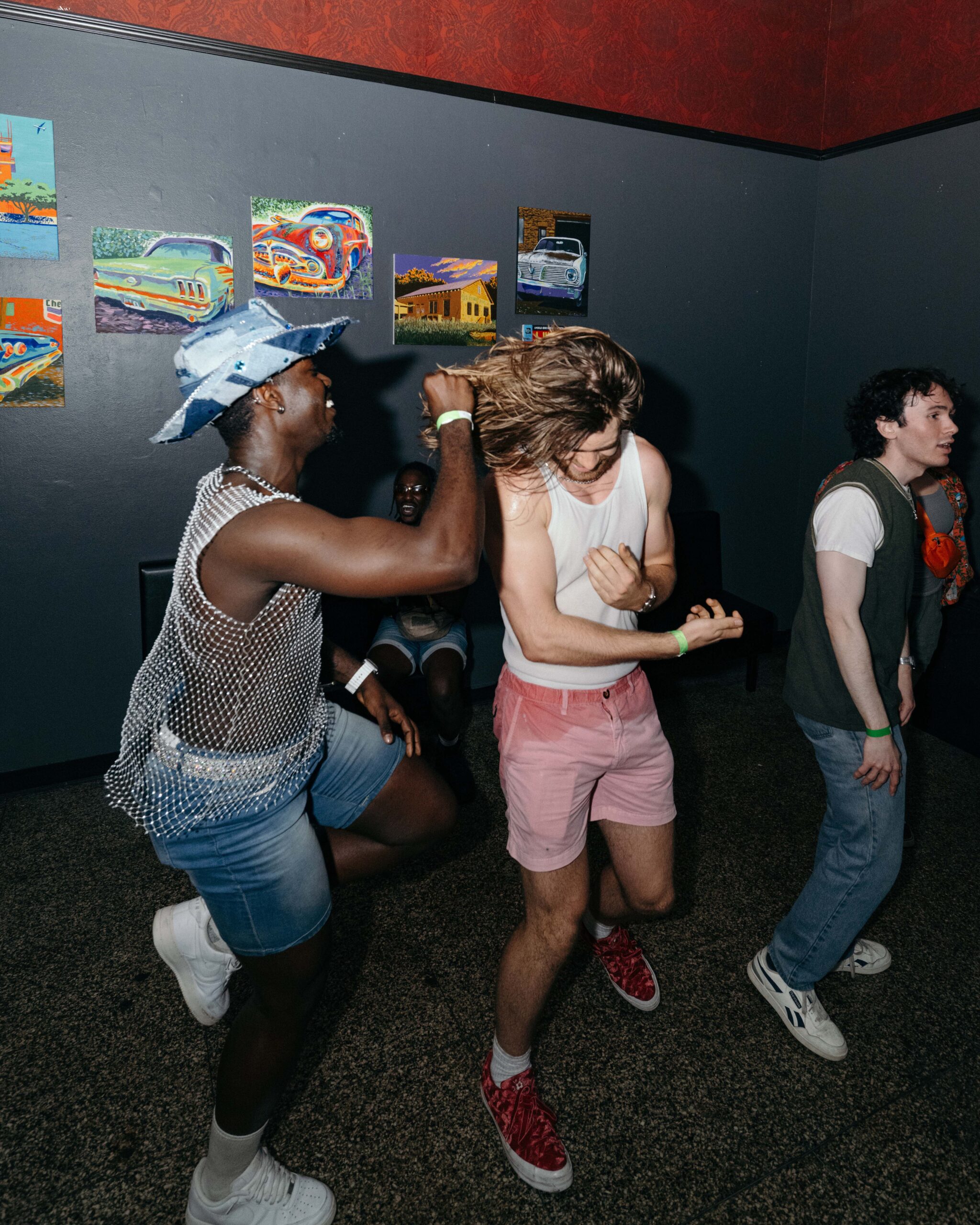
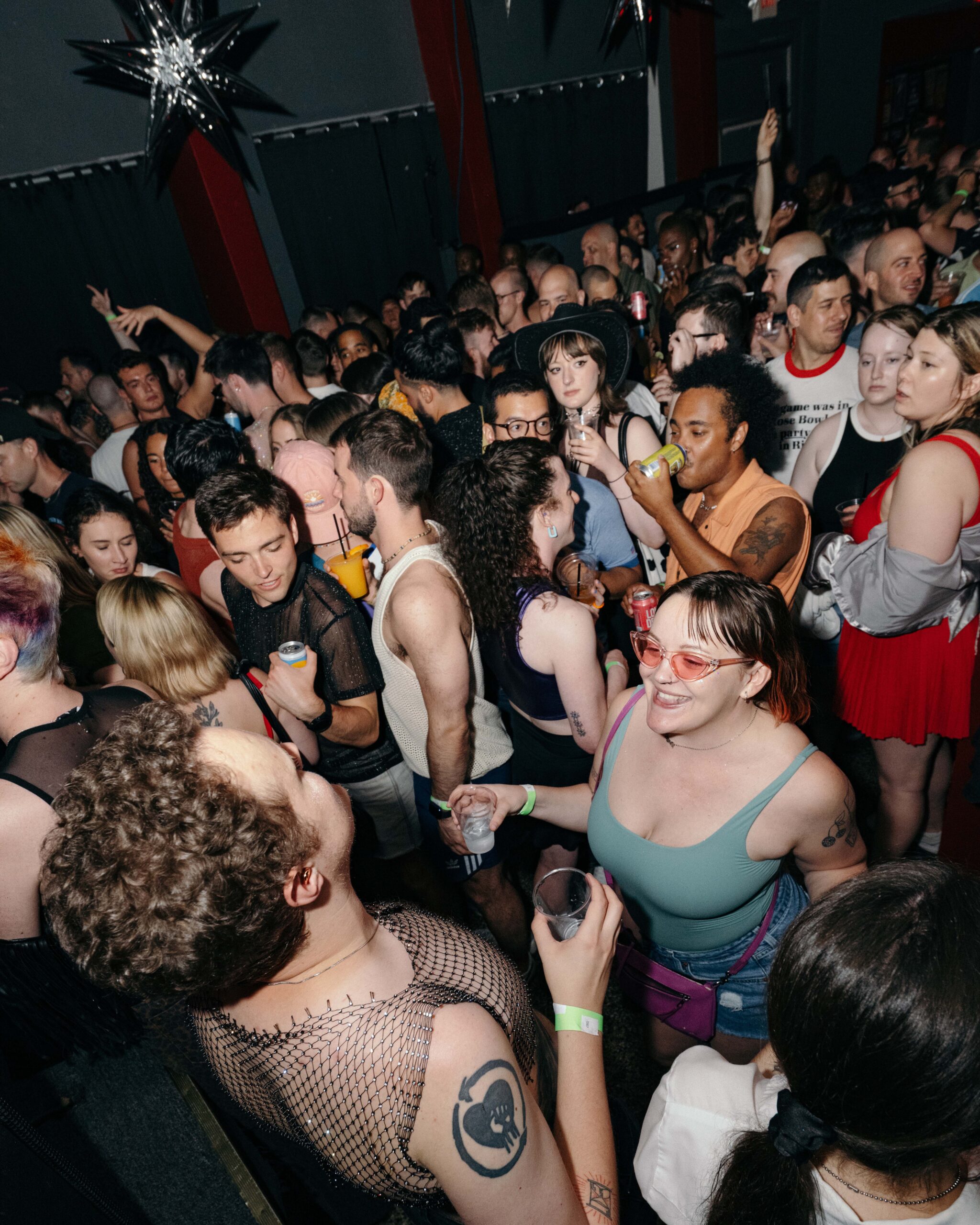
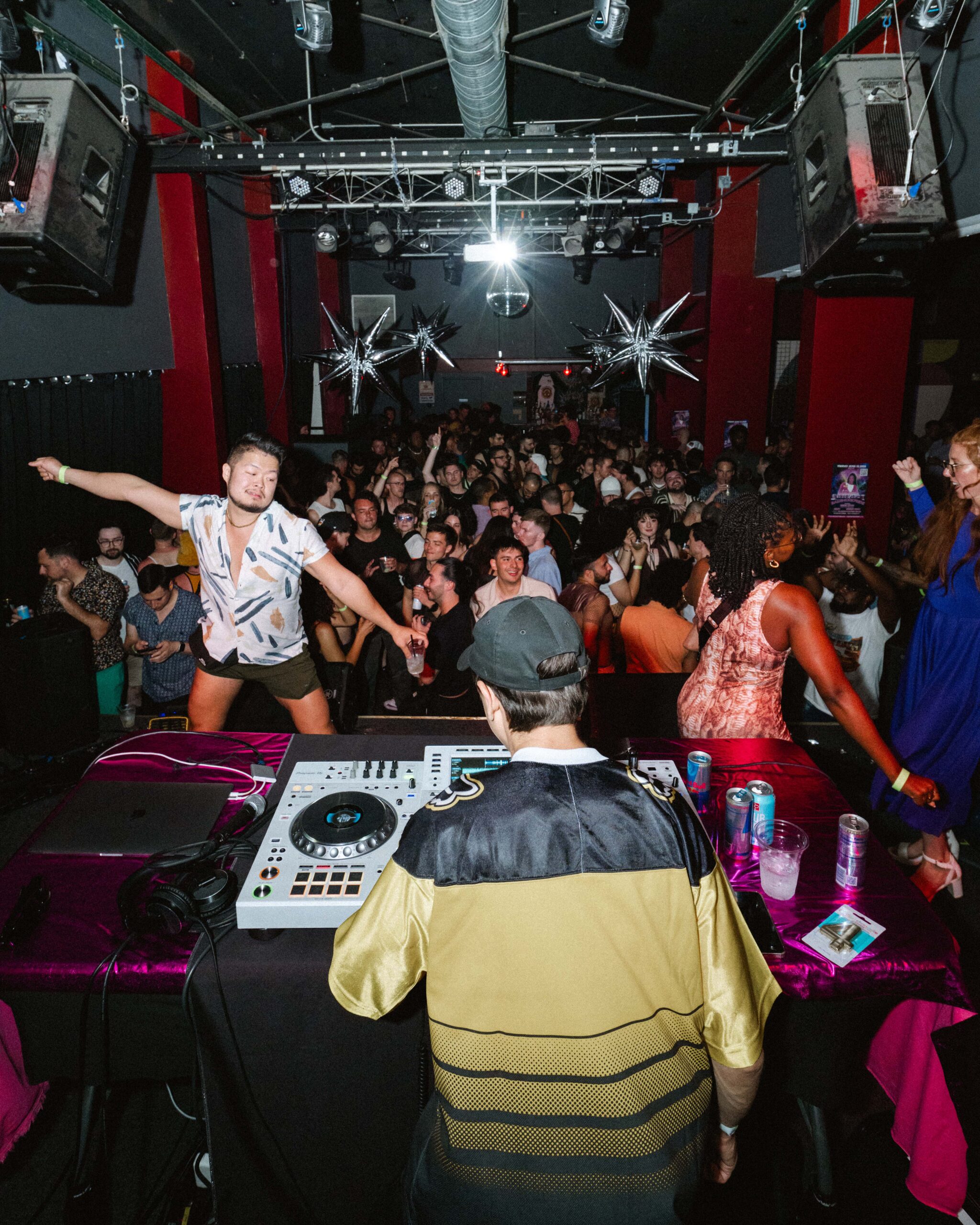
And they have arrived at the perfect time. Baltimore has a rich history of queer-friendly spaces. But over the last decade, stalwarts like Club Hippo and The Gallery have closed, leaving behind a deep void, as traditional gay bars have played a crucial role in fostering community and providing safe havens throughout the last half-century. In fact, Sweet Spot’s founders met at Grand Central, once a beloved Mount Vernon nightclub that closed after three decades in 2020.
But as their own events show, the queer community has adapted to this shifting landscape through a roving scene of DIY music and DJ collectives. While permanent spaces come and go, these dancefloors fill the void as essential spaces of refuge—as they long have for marginalized communities.
“Chris was going out before he was ‘out,’ and those spaces gave him the freedom to socialize and find community—and a husband!—and dance, free from judgment,” says Cawley. “That was really important then and still is today.”
Cawley and Uhl note that while some LGBTQ+ bars do remain, including newer additions like The Club Car and Melanie’s at Griffith’s Tavern, there are a growing number of other spaces—like 1722, The Royal Blue, and Current Space—that have opened their doors to queer events.
In the city today, “There are so many queer collectives, producers, performers, and DJs working to make fresh, original, and exciting events and nights out all year long in Baltimore,” says Uhl, citing collectives like Version, Tech_METROPOLITAN, GRL PWR, and The Queers Upstairs, which each play a vital role in keeping the scene going. Along the way, Sweet Spot has also featured a wide array of artists and performers, including local rapper Dapper Dan Midas and drag performer Baby’s Not Alright.
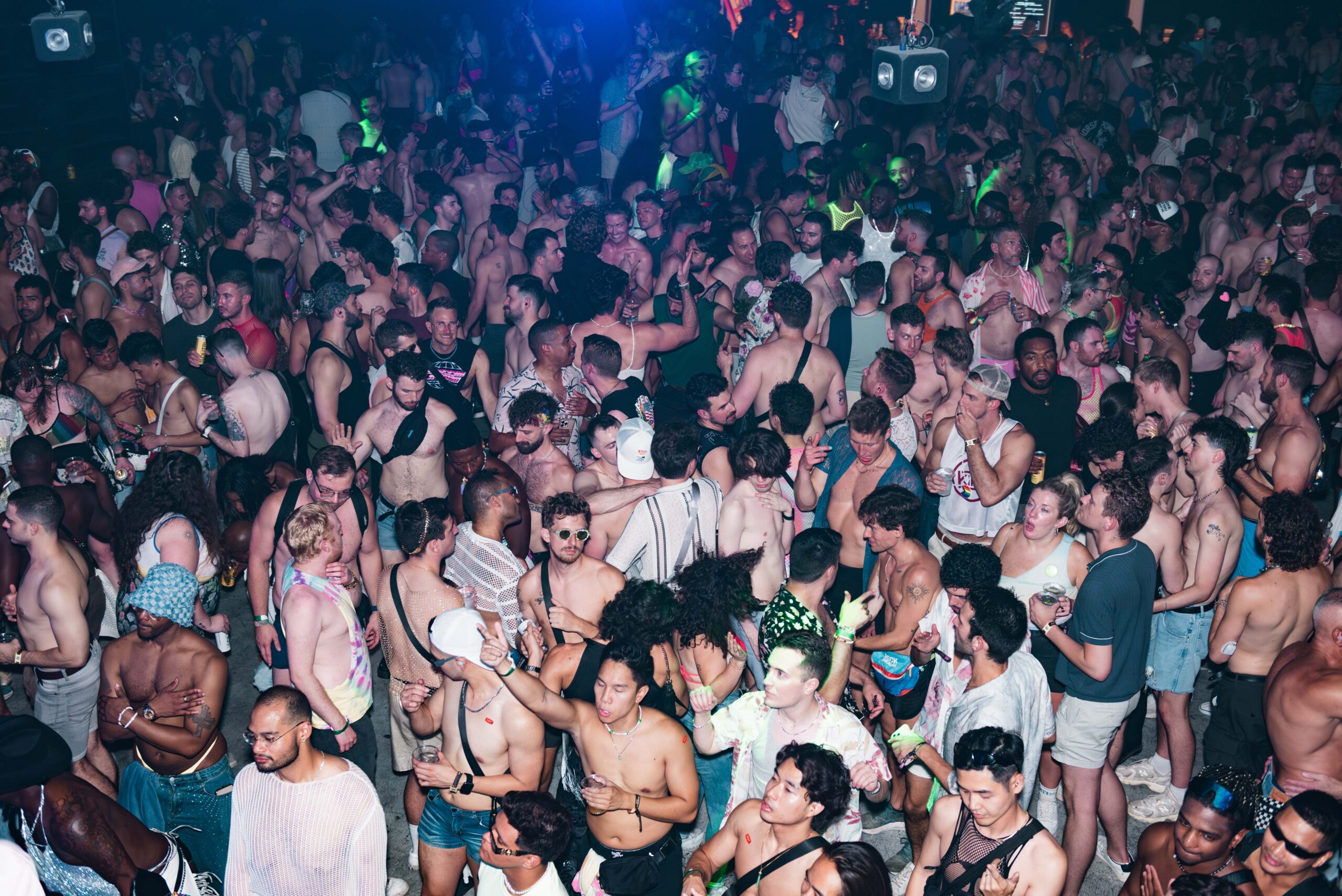
Of course, creating DIY queer spaces outside of traditional bar settings presents unique challenges. Cawley and Uhl emphasize all the time and money that goes into booking talent and venues, not to mention promotion and setup. Yet the rewards are significant.
“Sweet Spot is a community that came together organically—we built this from nothing,” says Cawley, who’s particularly proud of the creative freedom of their events, from that anti-Valentine’s fete to their costumed Gay Halloween celebrations to New Year’s Eve parties with free Champagne toasts under a cascade of silver confetti.
Last Friday, June 6, they co-produced the massive “Full Bloom” dance party at World Pride in Washington, D.C., a testament to their increasing influence and reach. And this Friday, June 13, they’re bringing the party home, with a kickoff to the 50th anniversary of Baltimore Pride at Metro, headlined by Maryland native Miss Toto, with guest performances by DJ AAVE and Kayden Chloe.
A portion of proceeds will be donated to Baltimore Safe Haven, a local nonprofit providing a supportive community and essential resources for trans and queer individuals. There is currently a waitlist for the sold-out event.
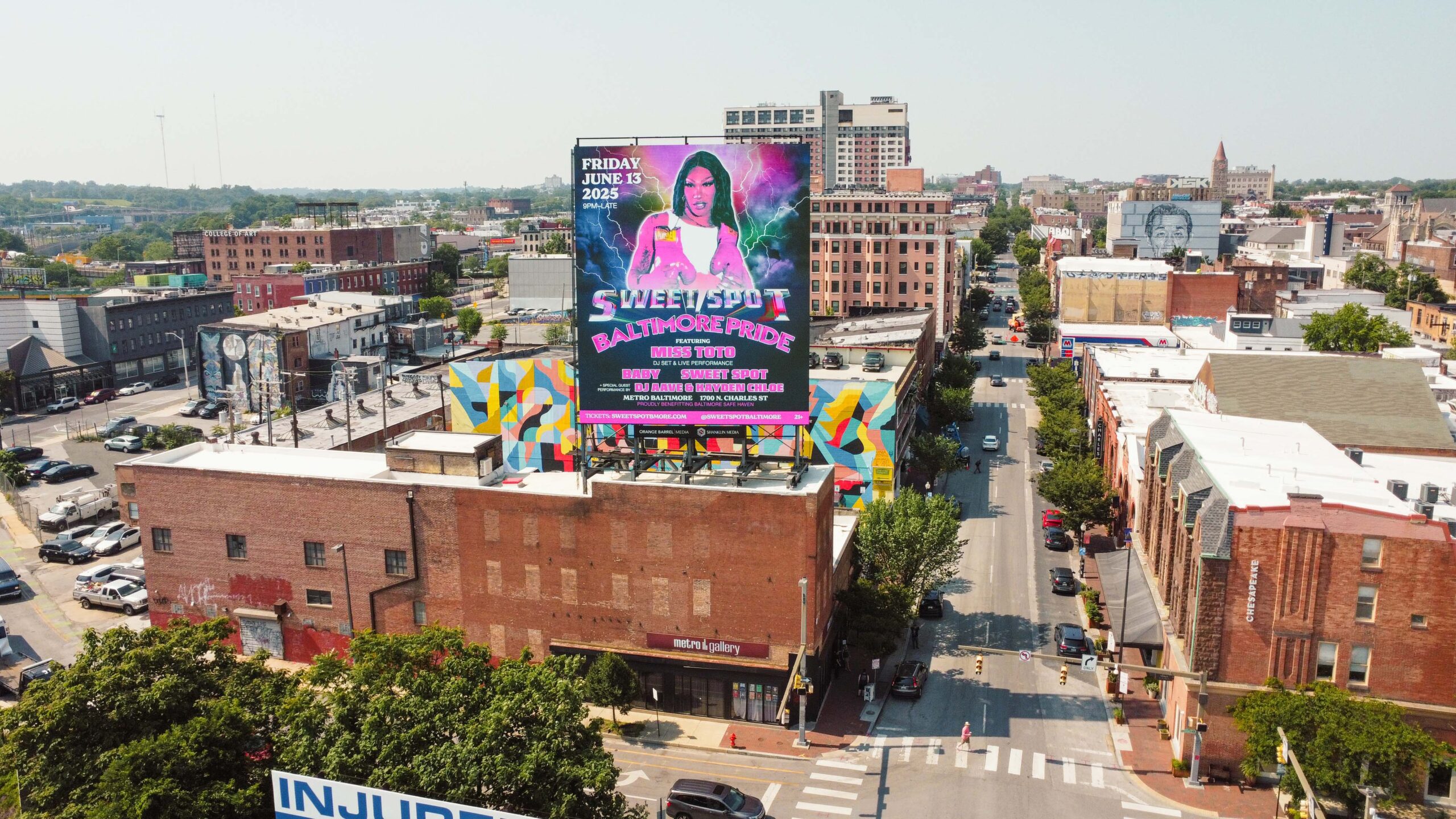
As the city commemorates a half-century of Pride this month, the Sweet Spot duo is excited about what’s to come, but they also emphasize the ongoing need for activism and awareness, as anti-LGBTQ+ animus is once again on the rise. These collectives are vital in carrying the torch of community building for the next generations.
In the face of adversity, celebration is an act of radical resistance, and the popularity of collectives like Sweet Spot demonstrate the enduring importance of these spaces—for showcasing Pride year-round.
“The fight continues, but there is so much joy on the dance floor,” says Uhl. “Pride is an opportunity to honor our history, our community, and our creativity. A city without queer spaces and events would be a city without joy.”